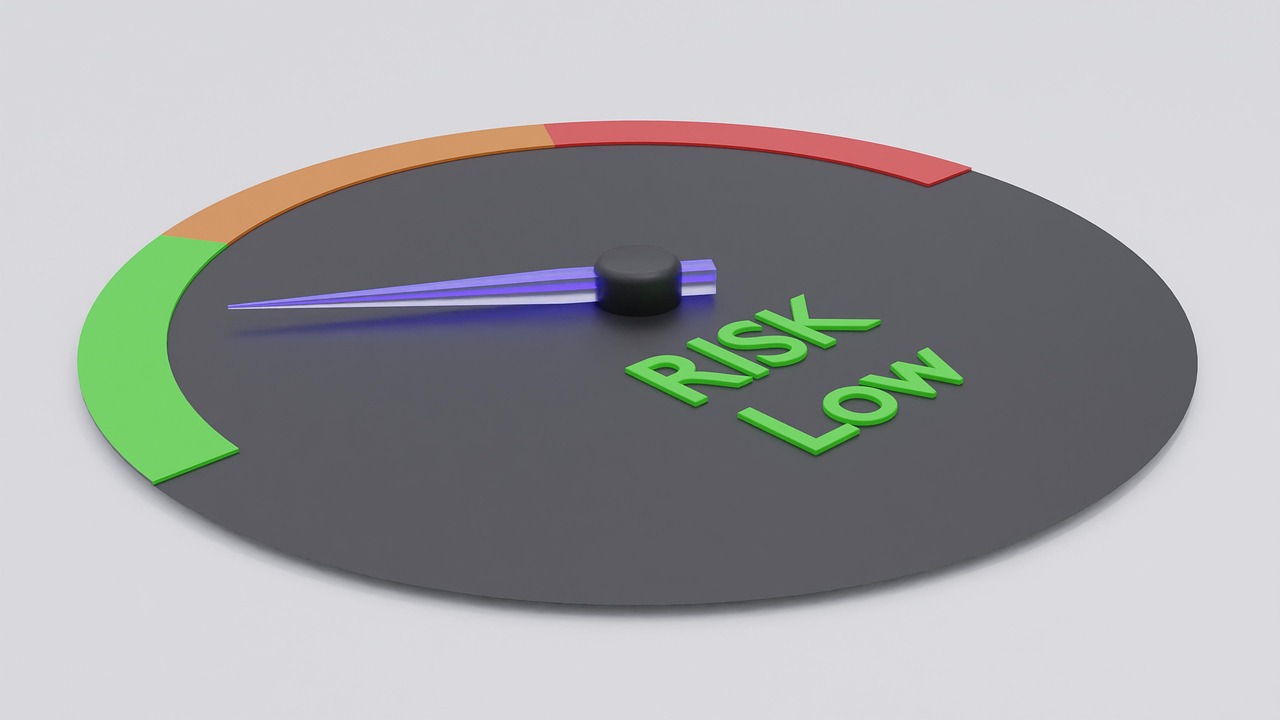Stress-Reduction Techniques Supported by Contemporary Studies
This article summarizes evidence-based stress-reduction techniques highlighted in contemporary research, linking practical daily habits—like hydration, movement, sleep, and mindfulness—to improved recovery and overall wellness. It highlights prevention and longevity considerations without offering medical advice.

Stress affects physical and mental functioning through multiple pathways, and contemporary research points to several practical techniques that can reduce its impact while supporting recovery and long-term wellness. This article outlines approaches backed by recent studies and frames them around everyday habits: balanced nutrition that supports immunity, regular movement and hydration, structured sleep routines, mindfulness practices, and preventive health behaviors such as screening. Each section explains how these strategies intersect with stress physiology and offers realistic ways to include them in daily life. This article is for informational purposes only and should not be considered medical advice. Please consult a qualified healthcare professional for personalized guidance and treatment.
wellness
Wellness integrates physical, mental, and social dimensions that influence how people experience stress. Contemporary studies emphasize consistent routines—regular sleep schedules, balanced nutrition, and movement—as foundational for resilience. Social connection and purposeful activities also buffer stress responses by supporting emotional regulation and physiological recovery. Framing wellness as a set of habits rather than occasional interventions helps with long-term stress management. Small, sustainable changes (short daily walks, a predictable bedtime, or a simple breathing pause) can accumulate into measurable improvements in mood, energy, and perceived stress over weeks to months.
nutrition and immunity
Diet influences stress both directly and indirectly through immunity and metabolic health. Nutrient-dense meals that include lean proteins, whole grains, fruits, vegetables, and sources of healthy fats provide building blocks for neurotransmitters and immune function. Emerging research links dietary patterns to inflammation markers associated with chronic stress. Practical steps include prioritizing consistent meal timing, limiting highly processed foods, and including sources of omega-3s and fiber. These choices support immune resilience and can reduce the physiological burden that amplifies stress, aiding recovery and daily energy regulation.
sleep and recovery
Sleep is central to recovery from stress; poor sleep increases vulnerability to negative mood and impairs cognitive function. Contemporary research highlights both sleep duration and regularity as important—consistent bed and wake times strengthen circadian rhythms and improve sleep quality. Behavioral strategies include limiting screens before bedtime, creating a cool, dark sleep environment, and prioritizing wind-down routines. Naps can be restorative for acute fatigue but should be timed to avoid disrupting nighttime sleep. Improved sleep supports emotional regulation, immunity, and long-term health outcomes tied to longevity.
hydration and movement
Hydration and regular physical activity are simple, evidence-aligned levers for stress reduction. Even mild dehydration can worsen concentration and fatigue, making stress feel more intense, so maintaining adequate fluid intake throughout the day is practical and low-risk. Movement—ranging from brisk walking to structured exercise—modulates stress hormones, supports metabolic health, and promotes recovery through improved sleep and mood. Consistency matters: short bouts of activity spread through the week offer benefits comparable to longer sessions and are easier to sustain. Pairing regular hydration with movement enhances performance and general well-being.
mindfulness practices
Mindfulness techniques, including focused breathing, body scans, and brief meditative practices, have consistent support in contemporary studies for reducing perceived stress and improving attention. These practices appear to work by altering stress-related neural activity and enhancing cognitive control over intrusive thoughts. Mindfulness can be applied in short increments—one to ten minutes daily—making it accessible for busy schedules. Combining mindfulness with movement (such as mindful walking or yoga) integrates body and mind benefits and can enhance recovery after stressful episodes.
prevention, screening, and longevity
Preventive health behaviors and appropriate screening contribute to long-term stress reduction by identifying and managing conditions that could otherwise raise chronic stress levels. Routine screenings, immunization updates, and primary care check-ins help detect treatable issues early, reducing uncertainty and the physiological toll of untreated illness. Prevention also includes lifestyle choices linked to longevity—balanced nutrition, regular movement, sleep hygiene, and stress management practices. Integrating these components builds a comprehensive approach that supports resilience across the lifespan and can reduce the cumulative burden of stress on health.
Conclusion Contemporary studies converge on the idea that addressing stress effectively requires a combination of daily habits: nourishing nutrition that supports immunity, regular hydration and movement, reliable sleep and recovery routines, mindfulness practices, and preventive health behaviors. These strategies are complementary and most effective when tailored to individual needs and sustained over time. This article is for informational purposes only and should not be considered medical advice. Please consult a qualified healthcare professional for personalized guidance and treatment.






